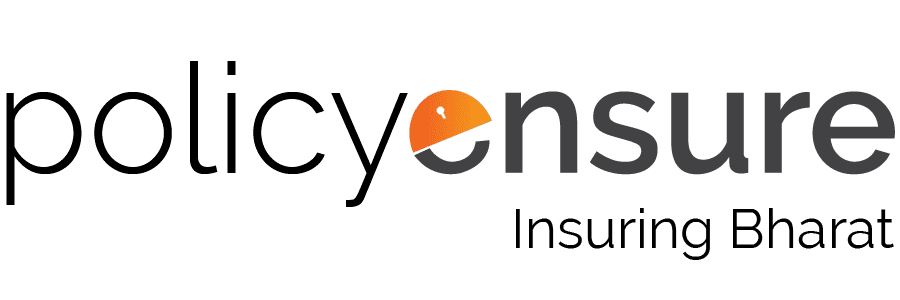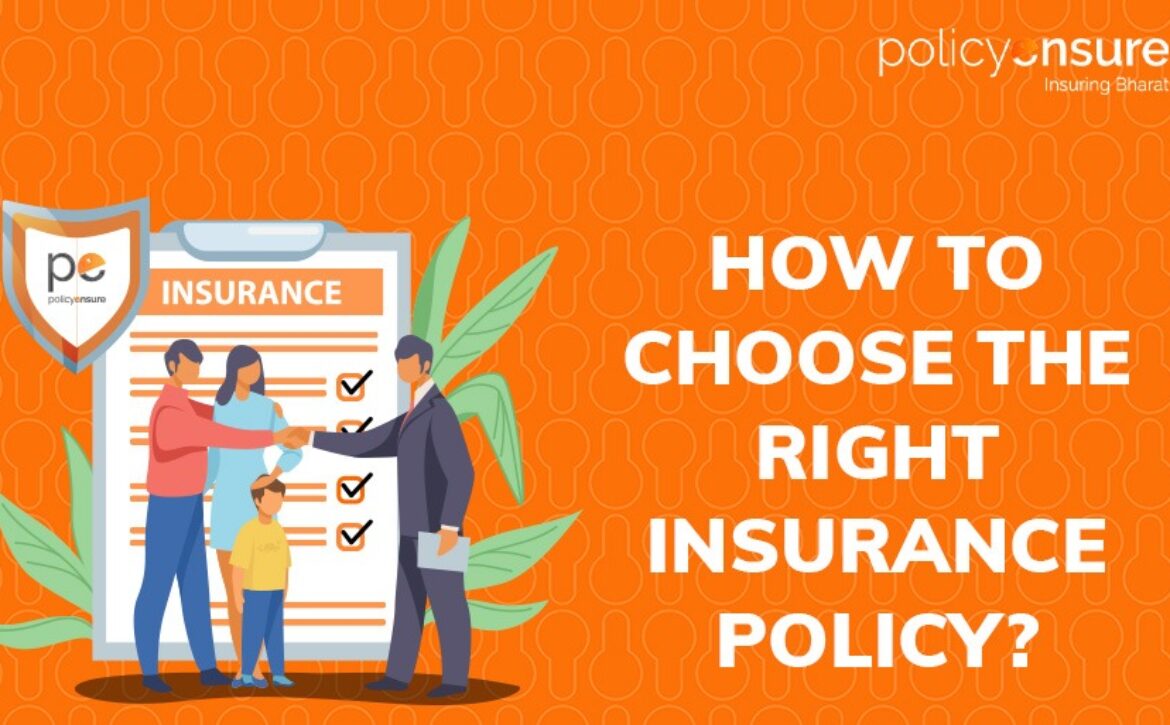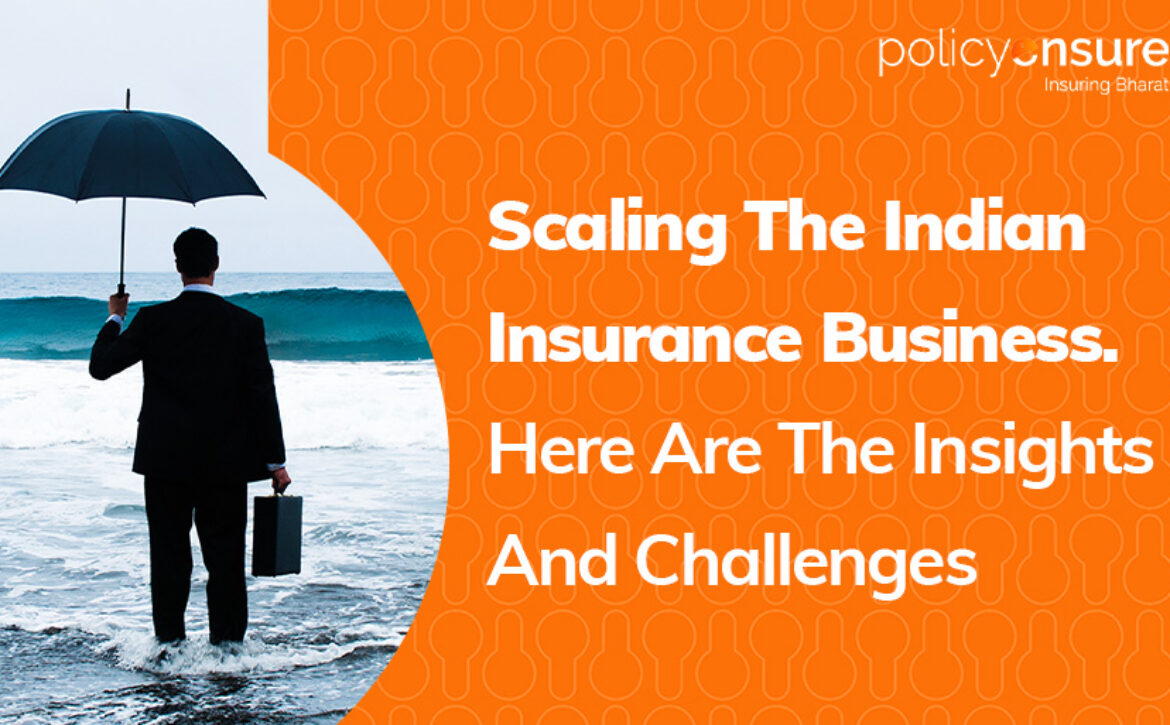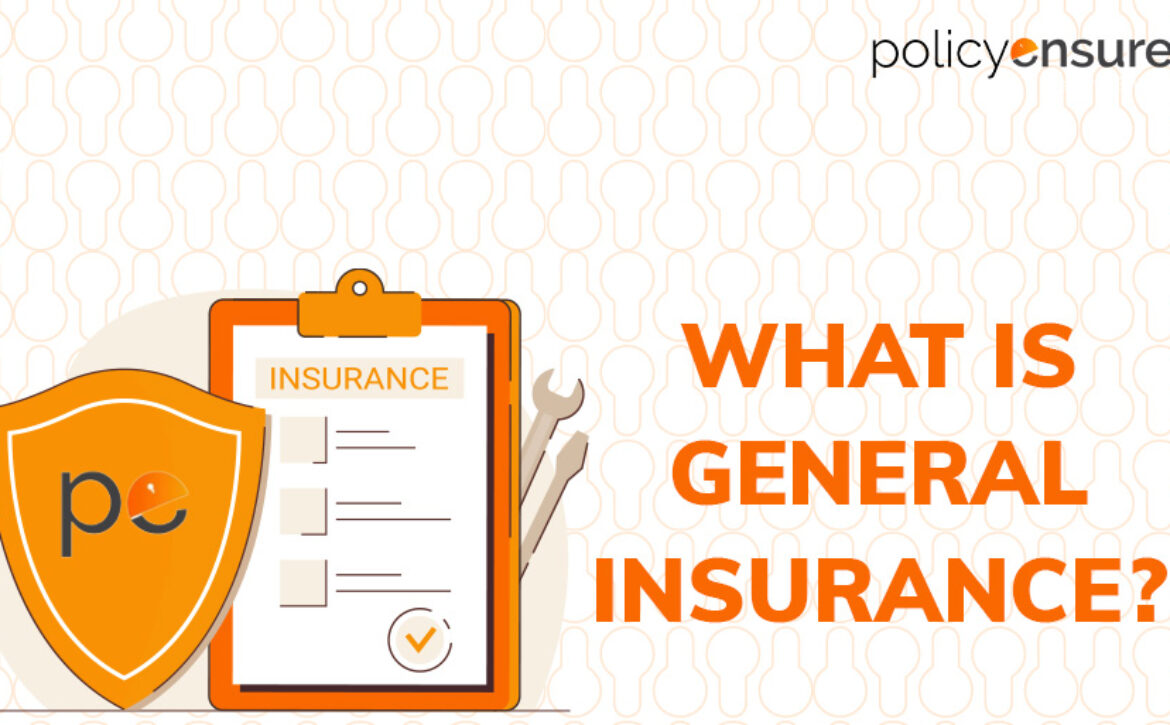General insurance refers to a category of insurance policies that provide coverage for various non-life risks faced by individuals and businesses. Unlike life insurance, which focuses on providing financial protection in the event of death, general insurance offers protection against unforeseen events such as accidents, property damage, liability claims, theft, natural disasters, and more. It encompasses a wide range of policies, including motor insurance, health insurance, home insurance, travel insurance, fire insurance, and marine insurance. General insurance policies are designed to mitigate financial losses and provide a sense of security in times of uncertainty. They are regulated by the Insurance Regulatory and Development Authority of India (IRDAI) to ensure fair practices and consumer protection.
Here are a few common types of general insurance products available in India:
1. Motor Insurance: Provides coverage for damages or losses to vehicles, including cars, motorcycles, and commercial vehicles.
2. Health Insurance: Offers financial coverage for medical expenses, hospitalization, and treatments for illnesses or injuries.
3. Home Insurance: Protects against damages to the physical structure of a house and its contents caused by perils like fire, theft, or natural disasters.
4. Travel Insurance: Covers unexpected expenses related to trip cancellations, medical emergencies, lost baggage, or flight delays while traveling domestically or internationally.
5. Fire Insurance: Provides coverage for damages caused by fire to properties, including residential or commercial buildings.
6. Liability Insurance: Protects individuals or businesses from legal liabilities arising from third-party claims for bodily injury or property damage.
7. Marine Insurance: Covers goods and cargo during transit by sea, air, or land, protecting against losses or damages.
8. Personal Accident Insurance: Offers financial support in the event of accidental death or disabilities resulting from accidents.
9. Business Insurance: Provides coverage for businesses against various risks, including property damage, business interruption, liability claims, and more.
10. Crop Insurance: Protects farmers against crop losses caused by natural disasters, pests, diseases, or other specified perils.
2. What is the role of the Phygital model in Tier 2 & Tier 3 penetration in India?
The Phygital model plays a crucial role in increasing insurance penetration in Tier 2 and Tier 3 cities in India. These cities often have limited access to digital infrastructure and lower digital literacy rates compared to urban areas. The Phygital model combines physical and digital channels to bridge this gap and effectively reach the underserved population.
In Tier 2 and Tier 3 cities, physical touch points such as branch offices and agent networks hold significant importance. They provide a sense of trust, credibility, and personalized assistance to potential customers who may be unfamiliar with digital platforms. Insurance companies leveraging the Phygital model can establish a wide network of branch offices staffed with well-trained agents. These agents can engage with customers face-to-face, understand their specific needs, and provide customized insurance solutions.
Simultaneously, the Phygital model integrates digital platforms to enhance customer interactions and convenience. Mobile apps, websites, and chatbots enable customers to access information, compare policies, and calculate premiums. These digital tools empower individuals to initiate and manage insurance processes at their convenience, ensuring consistent engagement across channels.
By adopting the Phygital model, insurance companies can leverage the trust of physical touchpoints while harnessing the convenience and accessibility of digital platforms. This holistic approach helps in building awareness, altering perceptions, and increasing insurance penetration in Tier 2 and Tier 3 cities of India.
3. What types of risks are covered by general insurance?
General insurance in India covers a wide range of risks across various sectors. It provides protection against uncertainties and financial losses arising from unforeseen events. Here are some types of risks commonly covered by general insurance:
1. Motor Insurance: This includes coverage for private and commercial vehicles against accidental damages, theft, third-party liabilities, and personal accident cover for the driver.
2. Health Insurance: Health insurance policies provide coverage for medical expenses incurred due to illness, accidents, hospitalization, surgeries, and critical illnesses. It can be for individuals, families, or group policies offered by employers.
3. Home Insurance: Home insurance policies protect against damages or losses to residential properties caused by fire, theft, natural disasters, and other perils. It covers the building structure, contents, and provides liability coverage.
4. Travel Insurance: Travel insurance offers coverage for trip cancellations, medical emergencies, baggage loss, flight delays, and personal accidents while traveling domestically or internationally.
5. Fire Insurance: Fire insurance policies cover damages caused by fire and allied perils like lightning, explosion, riots, etc., to buildings, contents, stock, and other assets.
6. Marine Insurance: Marine insurance provides coverage for goods in transit by sea, air, or land. It protects against losses or damages to cargo, vessels, and any liabilities arising during transportation.
7. Liability Insurance: Liability insurance covers legal liabilities arising from third-party claims for bodily injury, property damage, or personal injury. It includes products liability, professional liability, and public liability insurance.
8. Industrial Insurance: This category includes insurance coverage for industries and businesses against risks such as machinery breakdown, equipment failures, business interruption, and loss of profit.
9. Miscellaneous Insurance: It covers a range of risks like personal accident insurance, burglary insurance, livestock insurance, crop insurance, and other specialized coverage.
These are some of the common types of risks covered by general insurance in India. However, it is important to note that the coverage and terms may vary among insurance providers and specific policies. It is advisable to carefully read the policy documents and consult with an insurance expert to understand the coverage details and exclusions before purchasing a general insurance policy.
4. How does general insurance differ from life insurance?
General insurance and life insurance are two distinct types of insurance products in India, each serving different purposes and covering different risks.
General Insurance: General insurance provides coverage for a range of non-life risks. It is designed to protect individuals, businesses, and assets from financial losses arising due to unforeseen events such as accidents, natural disasters, theft, or liability claims. General insurance policies have a defined tenure, typically one year, and the premium is based on the assessed risk factors. Examples of general insurance include motor insurance, health insurance, home insurance, travel insurance, and liability insurance. The coverage provided by general insurance is generally limited to a specific period and does not offer any maturity or survival benefits.
Life Insurance: Life insurance, on the other hand, is a long-term insurance product that provides financial protection to individuals and their families in the event of death or disability. It offers a death benefit or a sum assured to the beneficiaries or the policyholder’s dependents. Life insurance policies can also provide maturity benefits if the insured survives the policy term. It serves as a financial tool for income replacement, wealth creation, and estate planning. Life insurance policies can be further categorized into term insurance, whole life insurance, endowment plans, unit-linked insurance plans (ULIPs), and pension plans.
In summary, general insurance covers non-life risks for a specific period and focuses on providing financial protection against unforeseen events, while life insurance provides long-term protection, financial security, and savings benefits for individuals and their families, including death benefits and maturity benefits. It is important for individuals to assess their needs and choose the appropriate insurance product or a combination of both to ensure comprehensive coverage.
5. What are the common types of general insurance policies?
In India, there are several common types of general insurance policies that cater to different risks and needs of individuals and businesses. Here are some of the key types of general insurance policies:
1. Motor Insurance: This includes policies for cars, motorcycles, and commercial vehicles. It provides coverage against damages or losses caused by accidents, theft, fire, or third-party liability.
2. Health Insurance: Health insurance policies cover medical expenses incurred due to illness, accidents, hospitalization, and surgical procedures. They can include individual health insurance, family floater plans, senior citizen plans, and critical illness coverage.
3. Home Insurance: Home insurance policies protect homeowners against losses or damages to their property and belongings due to events like fire, theft, natural disasters, or other perils. It can cover both the structure and contents of the home.
4. Travel Insurance: Travel insurance provides coverage for individuals traveling within India or abroad. It includes protection against trip cancellation or interruption, medical emergencies, loss of baggage, or personal accidents.
5. Fire Insurance: Fire insurance policies cover damages or losses caused by fire to properties, including residential and commercial buildings, factories, or warehouses.
6. Liability Insurance: Liability insurance provides protection against legal liabilities arising from third-party claims. It includes policies like public liability insurance, professional indemnity insurance, and product liability insurance.
These are just a few examples of the common types of general insurance policies in India. It’s important to carefully assess your needs, understand the coverage, terms, and conditions of the policies, and choose the ones that best suit your requirements.
6. How do I choose the right general insurance policy for my needs?
Choosing the right general insurance policy in India requires careful consideration of your needs and an understanding of the available options. Here are some key factors to consider when selecting a policy:
1. Assess your requirements: Start by evaluating your specific insurance needs. Determine the risks you want to cover and the level of coverage required. For example, if you own a car, motor insurance is essential, while if you have a family, health insurance becomes crucial.
2. Research and compare: Conduct thorough research on different insurance companies and their policies. Compare the coverage, features, exclusions, claim settlement process, and premium rates. Look for insurers with a good track record, strong financial stability, and a high claim settlement ratio.
3. Read policy documents: Carefully read the policy documents, terms, and conditions to understand what is covered and excluded. Pay attention to limits, deductibles, waiting periods, and claim procedures. Ensure that the policy aligns with your specific requirements and provides adequate coverage.
4. Seek expert advice: If you find it challenging to navigate through various policies, consider seeking advice from an insurance expert or a trusted insurance advisor. They can provide personalized recommendations based on your needs and help you make an informed decision.
5. Customer reviews and feedback: Look for customer reviews and feedback about the insurer’s claim settlement process, customer service, and overall experience. This can provide insights into the insurer’s reputation and reliability.
6. Consider the premium: Compare the premium rates of different policies, but remember that the lowest premium doesn’t always indicate the best policy. Evaluate the coverage offered and the insurer’s reputation before finalizing your decision.
By considering these factors and conducting thorough research, you can make an informed decision and choose the right general insurance policy that meets your specific needs in India.
7. How are general insurance premiums calculated?
Premiums for general insurance policies are determined based on several factors that assess the risk associated with the insured item or individual. Here are the key factors considered:
1. Risk exposure: Insurers evaluate the risk exposure of the insured item, such as a vehicle, property, or health. This includes factors like the location, age, condition, and vulnerability to risks like accidents, damage, or theft.
2. Coverage and limits: The extent of coverage and policy limits chosen by the insured also affect the premium. Higher coverage or lower deductibles often result in higher premiums.
3. Claim history: Insurers review the insured’s past claims history. If the insured has made previous claims, it may indicate a higher risk profile and result in increased premiums.
4. Underwriting factors: Underwriting factors like age, occupation, lifestyle habits, health conditions, and creditworthiness are considered for individual policies. These factors help assess the probability of claims and determine the premium.
5. Statistical data: Insurers rely on historical data and actuarial analysis to estimate the likelihood of claims. Statistical models and industry-wide data on risks, losses, and trends are used to calculate premiums.
6. Expenses and profit margin: Insurers consider their operating expenses, including administration costs, commissions, and profit margins. These are factored into the premium calculation.
7. Government regulations: Insurance premiums in India are also influenced by regulatory guidelines set by the Insurance Regulatory and Development Authority of India (IRDAI). These regulations ensure fair pricing and protect policyholders’ interests.
Insurers use complex mathematical models, statistical techniques, and actuarial expertise to determine premiums that adequately cover the risk while ensuring the insurer’s financial stability. It’s important to note that each insurer may have their specific methods and considerations, so premiums can vary between companies. Consulting with an insurance professional or actuary can provide further insights into the specific premium calculation methods used by different insurers.
8. What factors can affect the cost of general insurance premiums?
Factors that can affect the cost of general insurance premiums in India. Insurance premiums are determined by assessing the risk associated with the insured item or individual. Here are some key factors that influence the cost of general insurance premiums:
1. Type of Coverage: The specific type of coverage chosen plays a significant role in determining the premium. Different policies have varying levels of coverage and features, and premiums are adjusted accordingly. For example, comprehensive coverage for a vehicle will have a higher premium compared to third-party liability coverage.
2. Sum Insured or Policy Limits: The sum insured or policy limits define the maximum amount an insurer will pay in the event of a claim. Higher limits or a larger sum insured will result in higher premiums as it increases the insurer’s potential liability.
3. Risk Factors: Various risk factors associated with the insured item or individual can affect the premium. For example, in motor insurance, factors like the make and model of the vehicle, age of the vehicle, and the insured’s driving history and age can influence the premium. Similarly, for health insurance, factors such as age, pre-existing medical conditions, and lifestyle habits can impact the premium.
4. Deductibles or Excess: The deductible is the amount the insured needs to pay out of pocket before the insurance coverage kicks in. Choosing a higher deductible can lower the premium as the insured is assuming a greater portion of the risk.
5. Claim History: The insured’s previous claim history can affect the premium. If the insured has a history of frequent claims, it may indicate a higher risk profile and result in increased premiums.
6. Location: The geographical location of the insured can impact the premium. Areas prone to natural disasters, high crime rates, or accidents may have higher premiums to account for the increased risk.
7. Insured’s Profile: Factors such as age, occupation, lifestyle habits, and health conditions can influence the premium. Insurers assess the individual’s risk profile to determine the likelihood of claims and adjust the premium accordingly.
8. No-claim Bonus: Insurers often offer a no-claim bonus as a reward for not making any claims during the policy period. This can result in a discount on the premium for the following year.
9. Market Conditions: Overall market conditions and competition within the insurance industry can impact premiums. Changes in economic factors, inflation rates, and industry trends can influence premium pricing.
It’s important to note that each insurer may have their specific underwriting criteria and premium calculation methods. Consulting with insurance professionals or comparing quotes from different insurers can help individuals understand the factors affecting premiums and choose the most suitable policy at a competitive price.
9. How can I make a claim on my general insurance policy?
Here are the general steps to follow when making a claim:
1. Contact your Insurance Company: Notify your insurance company as soon as possible after the incident occurs or when you become aware of the claimable event. Provide them with all the necessary details, such as your policy number, contact information, and a brief description of the incident.
2. Fill the Claim Form: The insurance company will provide you with a claim form. Fill it accurately and provide all the required information. Include supporting documents like photographs, police reports (if applicable), medical reports (if applicable), and any other relevant documents related to the claim.
3. Submit Documents: Compile all the necessary documents requested by the insurance company, such as proof of loss, invoices, bills, or any other supporting evidence. Ensure that you submit all the documents within the specified time frame mentioned in your policy.
4. Follow-up with the Insurance Company: Stay in touch with your insurance company and provide any additional information or documents they may require during the claim assessment process. Maintain a record of all communication, including the names of the representatives you speak with and the dates of the conversations.
5. Claim Assessment: The insurance company will evaluate your claim based on the provided information and supporting documents. They may conduct investigations or request further documentation if needed.
6. Settlement: If your claim is approved, the insurance company will offer you a settlement amount based on the terms and conditions of your policy. They will communicate the settlement details to you. In some cases, the insurer may directly settle the claim with the service provider, such as a hospital or garage, based on the cashless facility.
7. Claim Payment: Once you agree to the settlement offer, the insurance company will initiate the claim payment. The payment will be made as per the agreed terms, which could be a direct transfer to your bank account or through a cheque.
It’s important to thoroughly read and understand the claim process mentioned in your insurance policy. Each insurance company may have specific requirements and procedures. Promptly reporting the claim, providing accurate information, and cooperating with the insurer can help expedite the claim settlement process.
10. What is the process for renewing a general insurance policy?
Follow these steps:
1. Review Policy Details: Assess your existing policy coverage, terms, and conditions.
2. Contact Insurance Provider: Get in touch with your insurance company or agent.
3. Provide Required Information: Submit the necessary details for renewal, such as policy number, personal information, and any changes in requirements.
4. Premium Payment: Pay the renewal premium within the specified time frame.
5. Policy Renewal Confirmation: Once the payment is processed, you will receive a renewed policy document and confirmation of the renewal.
Remember to renew your policy before the expiration date to avoid any coverage gaps. It is advisable to review your insurance needs and compare policies to ensure you have appropriate coverage at the time of renewal.
11. What is the role of an insurance agent or broker in the general insurance sector?
In the general insurance sector in India, an insurance broker plays a crucial role as an intermediary between the insurance buyer and the insurance company. As an expert in insurance, the broker acts in the best interest of the client and offers professional advice on insurance products and coverage options. They assess the insurance needs of individuals or businesses, analyze various insurance policies available in the market, and provide recommendations tailored to the client’s requirements. Insurance brokers also assist in negotiating terms, arranging policy issuance, and managing claims. Their expertise, knowledge of the insurance market, and access to multiple insurance providers make them valuable in helping clients make informed decisions and obtain the most suitable and cost-effective insurance coverage.
